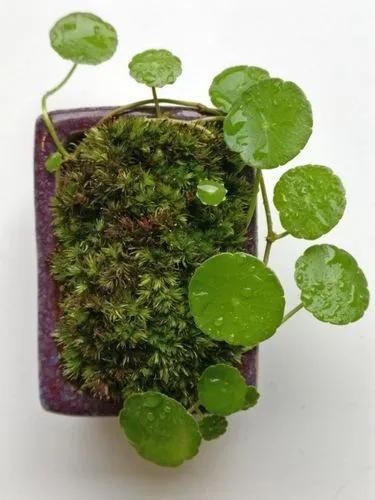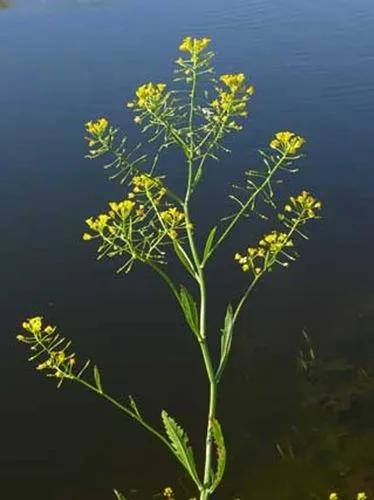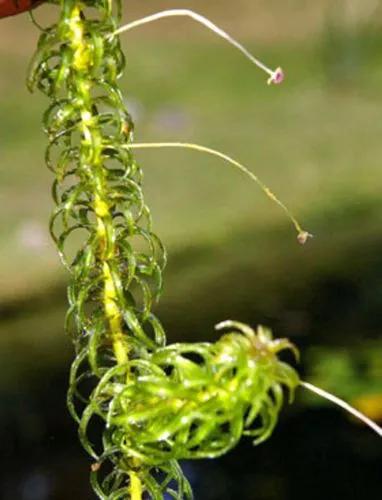Utricularia gibba, commonly known as the humped or floating bladderwort, is a small, mat-forming species of carnivorous aquatic bladderwort. Leaf: simple, in rosette, or simple or dissected, emerging from caudex or stolon, with minute, carnivorous bladders +- throughout. Inflorescence: raceme or 1-flowered, scapose.
Utricularia Gibba (floating Bladderwort) Care
Utricularia Gibba



How to Care for the Plant

Water

It is a large suspended aquatic carnivorous plant that belongs to the genus Utricularia. Their common “foods” are daphnia, mosquito wigglers, and protozoa.

Pruning

Aquatic Bladderworts can be propagated from cuttings, usually at least 3 nodes long. Seeds are slow and need steady conditions.

Fertilizer

Aquatic bladderwort traps are under water and quite small. Their common “foods” are daphnia, mosquito wigglers, and protozoa. Catching abundant prey is a significant growth factor. They do a marvelous job of attracting and catching prey all on their own when provided with an adequate supply.

Sunlight

The plants need at least four hours of bright sunlight and prefer another four hours of indirect or filtered light every day.

Soil

Plant bladderwort in one part perlite and one part peat, and no potting soil.

Temperature

The growing tip of the Bladderwort known as Turions, will form resting buds. Bladderwort typically stays in their dormancy period for three to four months as long as the temperature is 10 degrees Celcius or below.

Popularity

117 people already have this plant 19 people have added this plant to their wishlists
Discover more plants with the list below
Popular articles






